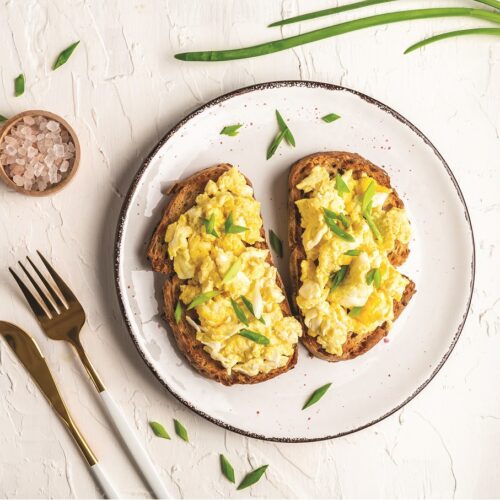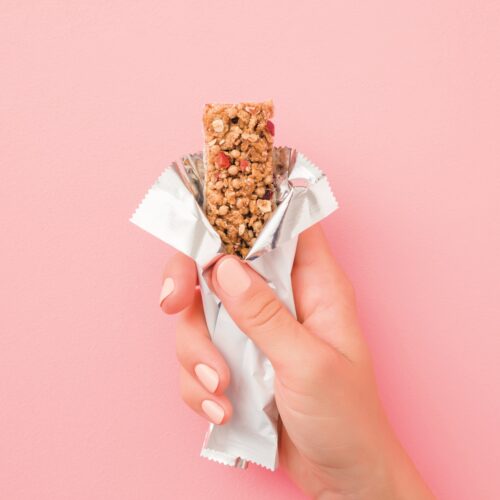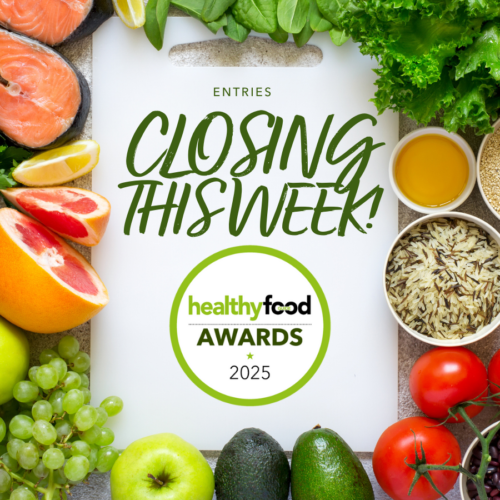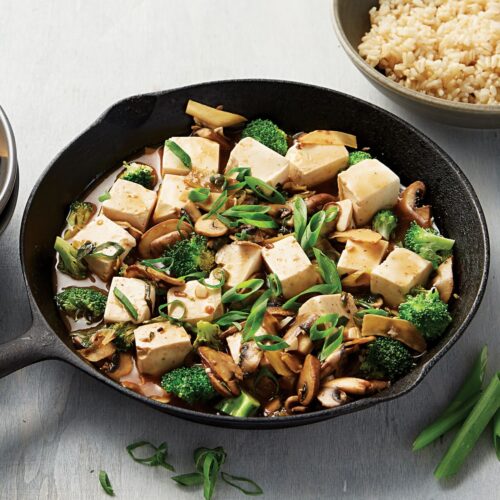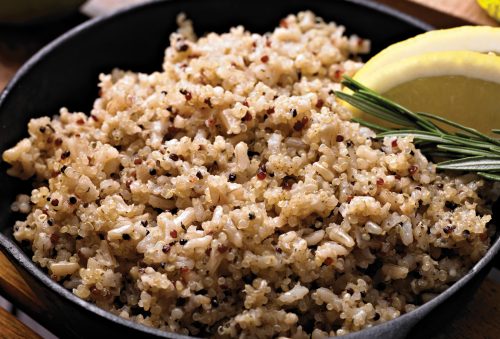
Is it worth shelling out big bucks for ‘superfoods’? We compare trending superfoods with everyday staples to see if you’re actually buying better nutrition.
Star nutrient: Fibre
Superfood: Quinoa
vs
Everyday hero: Brown rice
Why the health halo?
People are so keen for quinoa (pronounced keen-wa) because it’s gluten free and has a low glycaemic index (GI), which means it gives you sustained energy.
Is the hype justified?
Yes, quinoa is nutritious and filling and a great source of fibre if you’re following a gluten-free diet. But we’re not convinced it’s nutritionally superior to other more affordable whole grains.
Winner: Brown rice
Brown rice is a good source of fibre, which means it also gives you sustained energy. It’s gluten free too. And you can buy a low-GI variety at the supermarket for less than half the price of quinoa.
Star nutrient: Vitamin C
Superfood: Goji berries
vs
Everyday hero: Strawberries
Why the health halo?
These popular, dried red berries are renowned for high levels of antioxidants such as vitamin C, which boost your immune system and also fight inflammation.
Is the hype justified?
No. Evidence suggests dried goji berries actually contain very little vitamin C. Fresh goji berries do contain more, but you won’t find them here. Plus, there’s little evidence to support its superfood status. Most studies use purified extracts or goji juice.
Winner: Strawberries
A handful of strawberries has way more vitamin C than a spoonful of dried goji berries — and they cost less. Enjoy fresh strawberries sliced on your cereal or as a low-kilojoule snack or dessert.
Star nutrient: Vitamin B12
Superfood: Spirulina
vs
Everyday hero: Beef steak
Why the health halo?
This dried algae extract is touted as having more nutrients than any other plant, grain or herb. It’s targeted at vegans as a plant source of vitamin B12 that only animal foods otherwise have.
Is the hype justified?
On paper, it looks like a good source of vitamin B12, but it’s not in a form your body can use once digested, so spirulina won’t give you the same benefits as meat.
Winner: Beef steak
A 120g portion of rump steak has all your daily needs for B12 in a form your body can use. If you don’t with B12, including breakfast cereal and some soy milks.
Star nutrient: Omega-3 fats
Superfood: Chia seeds
vs
Everyday hero: Canned fish
Why the health halo?
Advocates of these tiny seeds say they will give you longer-lasting energy and promote weight loss. They’re also marketed as being full of heart-healthy omega-3 fats.
Is the hype justified?
Partially. We recommend chia seeds because they are a good plant source of omega-3 and full of fibre (around 4g in one tablespoon). They may satisfy your appetite, which helps with weight loss, but these seeds are not a silver bullet.
Winner: Canned fish
Oily fish provides the long-chain omega-3 fats we need more of, plus it’s a source of protein, and the edible bones supply bone-strengthening calcium. Canned fish also offers better value for money than chia seeds. Look for cans with at least 0.2g omega-3 per 100g.
Star nutrient: Healthy fats
Superfood: Coconut oil
vs
Everyday hero: Olive oil
Why the health halo?
With claims it can tame your sweet tooth, speed up your metabolism and help you lose weight, it’s easy to see why coconut oil is gaining popularity.
Is the hype justified?
No, and you could be harming your health. Coconut oil is almost pure saturated fat, which may increase cholesterol levels and heart attack risk. No study has found coconut oil helps weight loss. In fact, excessive amounts may push up your weight.
Winner: Olive oil
Olive oil is a source of healthy monounsaturated fat which, unlike coconut oil, is scientifically proven to benefit your heart. The latest research shows it is safe to cook olive oil at high temperatures. And it’s delicious to drizzle over salad.
www.healthyfood.com



